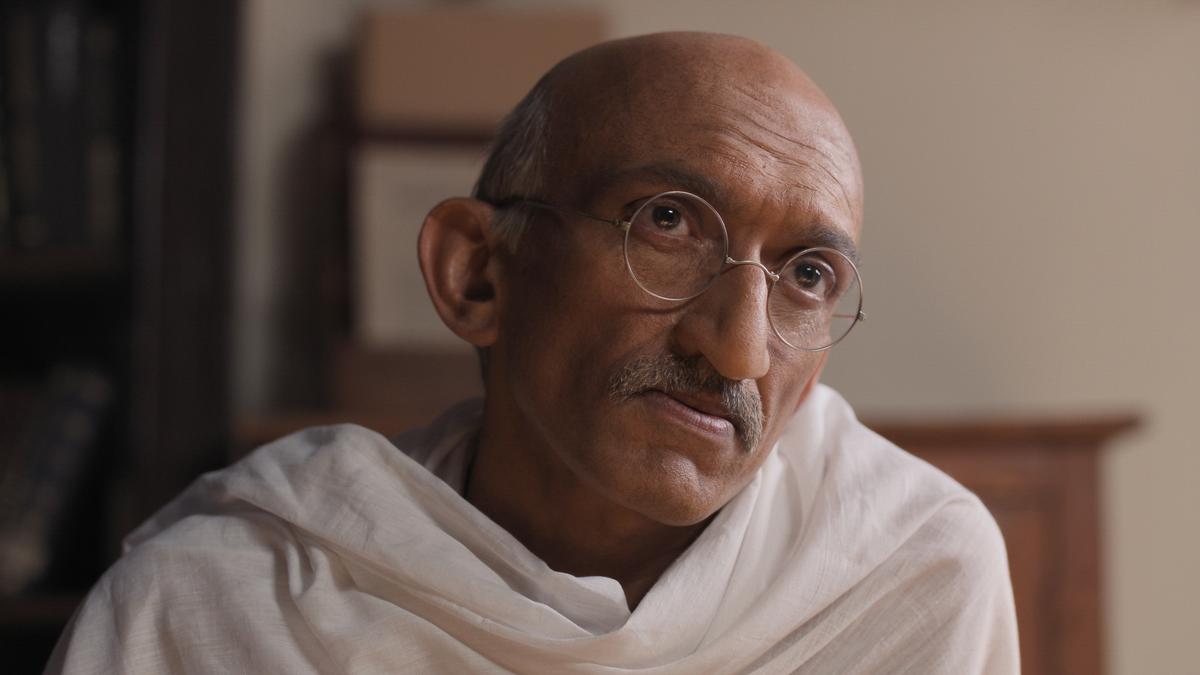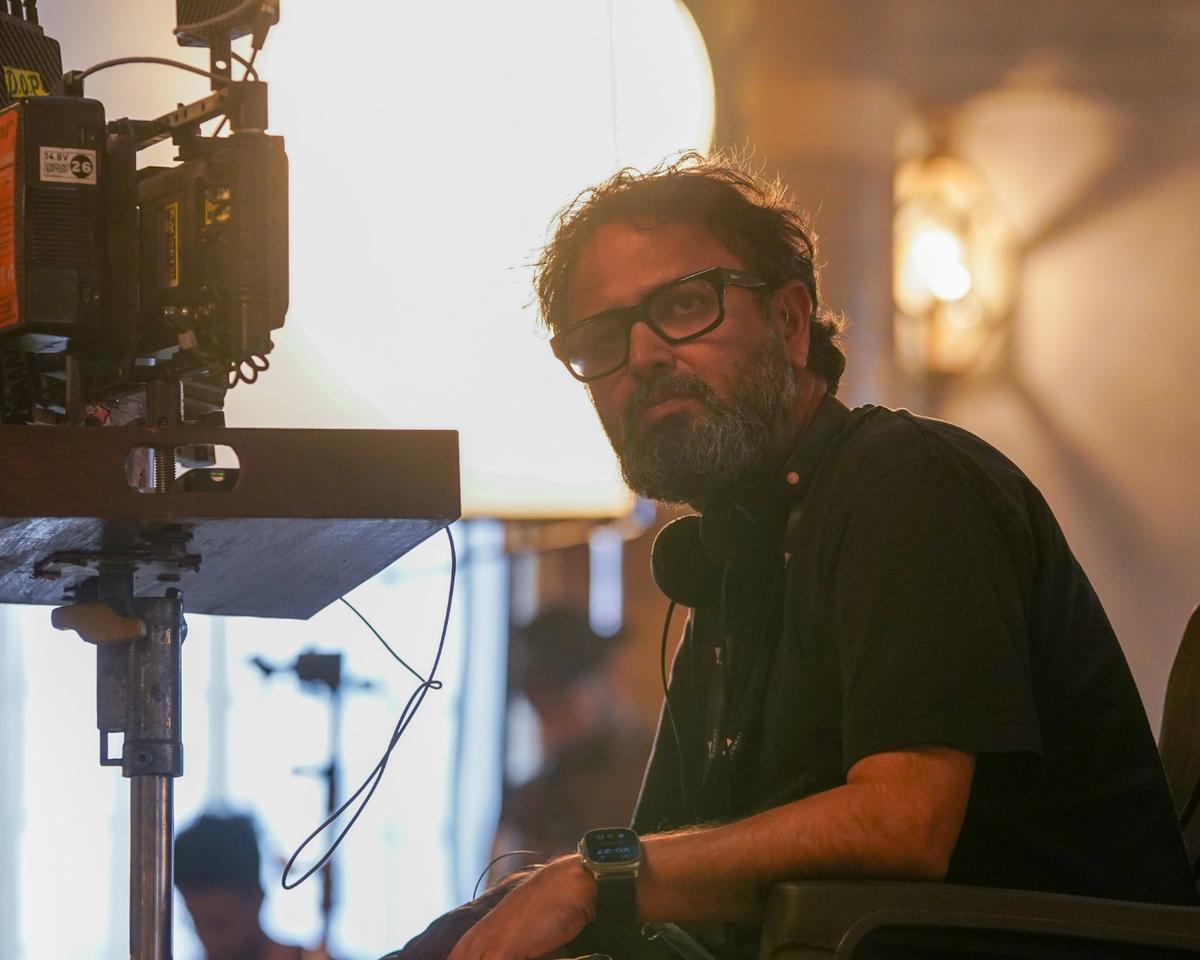Nikkhil Advani on adapting ‘Freedom At Midnight’: Art and history are worth fighting for

Very few contemporary filmmakers have switched genres like Nikkhil Advani has. Still fondly remembered for the mushy Kal Ho Naa Ho, Nikhil over the years, has developed a diverse palette where of late, lesser-known historical accounts told with the flourish of a dramatic thriller, form the dominant shade. After making heads turn with The Empire and Rocket Boys, Nikkhil is currently in the news for Freedom At Midnight — SonyLiv’s seven-part series based on Dominique Lapierre and Larry Collins’ eponymous novel that depicts the backroom politics and ideological battles leading up toIndia’s independence and Partition.
Talking about his shift towards stories around epochal events, Nikkhil says growing up in Mumbai, the bomb blasts of 1993, the 26/11 Attacks, and the floods of 2005 had left a deep impact on him — “the idea of Mumbai Diaries came from me. The others have been offered to me and I don’t say no to interesting projects. I love history and spend a lot of time reading history books and listening to podcasts on history. Some historical events are honestly more visceral than anything I can write in fiction.”
As we switch up the conversation, Nikkhil quickly recalls his early days in the industry where he assisted Saeed and Aziz Mirza and sharpened his worldview while working with Sudhir Mishra and Kundan Shah. He goes on to underline how Kal Ho Naa Ho and Freedom At Midnight share the same fated release date, 21 years apart.
Returning to one’s roots is important, says Nikkhil, because “eventually home is where the heart is.” The producer-director says he learned how to mount an Airlift, Mrs Chatterjee vs Norway, or Rocket Boys within a certain budget from his days at Dharma and Yashraj Films but he can also make mentors like Sudhir Mishra proud of his work. “When Sudhir calls from his set in Vadodara to tell me that he loved the first episode of Freedom At Midnight, or when Aditya Chopra dials to say that he binged the series in one go and that it is my best work; I feel like I’ve made a good decision.”
Excerpts from an interview:
What inspired the perspective you chose to explore this pivotal period in the history of the subcontinent?
A lot of what we have shown is in history books and a lot of it is not. When Danish Khan (Executive Vice President SonyLiv), said in passing, that the series was about a history you may not know, rather a history you should know, it became the mantra with which we approached the writing. The events between August 16, 1946 when Jinnah gave a call for Direct Action Day and January 30, 1948, when Mahatma Gandhi was assassinated are indisputable, but how each personality responded and participated in the discussions could be debated.
We followed the big beats from the book. Once it was clear that Gandhi would never compromise on his principles, Sardar (Patel) was more pragmatic and realistic than others and Nehru was going to be the one torn between two giant personalities; it allowed us to create our debates and discussions and see them reacting to the events. The first season has a very reactive kind of screenplay where people react to events by instigating, negotiating, or objecting.

Chirag Vohra as Mahatma Gandhi in a still from ‘Freedom at Midnight’
| Photo Credit:
Special Arrangement
How did you work with half a dozen writers?
There was a lot of to and fro of opinions. When we were about 10-15 days away from the shoot, I felt we were not ready and asked for one more year to hone the pace of the narrative into a political thriller with a ticking time bomb. Certain events required a little more research to explore. I felt if there is a diametrically opposite view to what we intend to say in the series, we should know and possibly try and understand it. This understanding has subconsciously reflected in our expression, making it richer. I am glad that the platform provided us with that much time and space.
Were you conscious that the book was written from the perspective of Viceroy Mountbatten?
Absolutely. Lapierre and Collins admit in the preface that Mountbatten called on them to write about one of the most defining events of history. It was written at a time when other actors like Gandhi, Jinnah, Nehru, and Sardar had already passed away. If you notice halfway through the book, when Mountbatten ceases to be the Viceroy and becomes the Governor General, the writing veers from a character sketch to a thriller about what happens to Gandhi, because Mountbatten ceases to have direct access to information on the Congress and the Muslim League leadership. For us, the protagonist is India, not Mountbatten, not Gandhi or Nehru and Jinnah for that matter.
Why was the role of radical Hindu elements that created a communal divide been kept out of the first season?
It is because they didn’t play much of a role in the part of the source material that we covered in the first season. As we have indicated towards the end of the seventh episode, it would explode in the second part.
A still from ‘Freedom at Midnight’
| Photo Credit:
Special Arrangement

The book does provide a sense of how the Hindu Right was responding to the demands of the Muslim League and some feel the series is tilted towards the anxieties and actions of only one community…
As far as the point of view is concerned, we have been able to balance the stuff. There is a difference between a season’s arc and the show’s arc. People should comment after watching the series in its entirety. Those complaining seem to be watching the series, not listening carefully. There is Maulana Azad who is constantly saying that India should not be allowed to be partitioned. In one sequence, Jinnah tells Nehru not to forget that more Muslims died in the Calcutta riots than Hindus. When Nehru asks about deaths in Congress-ruled Bihar, Azad replies that it has come to notice that ‘our workers were also involved.’
There has also been a debate over your casting choices, particularly young Sidhant Gupta playing Nehru…
This is subjective. We needed a competent actor to justify Nehru’s age from 25 to 58. Casting choices are also governed by the demands of the prosthetic artist. It is easier to make a young person look older than the other way around. Hailing from Jammu, Siddhant has a sharp nose like Nehru. Most importantly all the actors had to submit themselves to the look for one-and-a-half years.
What should we expect in the second season?
If the first season is about backroom politics, in the secondz, the time bomb would explode as we move outside to see the opposition to Gandhi, the response to Partition in Punjab and Calcutta, the role of the princes, the plight of the refugees, and the question of Kashmir.

Nikkhil Advani
| Photo Credit:
Special Arrangement
These days even your commercial films have a socialist layer like we found in Vedaa..
I have always been like this. In between, when I got married and needed money to settle down I drifted towards purely commercial cinema. My wife is a child rights activist. Our dinner table discussions are very interesting. We are constantly punching above our weight. We want to tell difficult stories to give voice to people not heard before in popular discourse. I believe art, gender, caste divide, and history are worth fighting for.
Is this urge to strike a balance between divergent points of view a requirement of your art or a need of the times we live in?
I don’t buy this narrative that times are different now. It has always been like this. I have always done what I felt like doing and feel fortunate that I got opportunities to have my say. I am a centrist. Having shot in the remotest parts of the country, whenever there is a conversation on politics in my social circle, I tell my friends that sitting in South Mumbai we don’t have the view or the lens to gauge the complexity of issues that the country faces.
But you made films like Batla House and Satyamev Jayate as well?
It is like slightly going towards the left and coming back and then going towards the right and returning. It is this push and pull (that keeps me going).
What’s next?
After Freedom At Midnight, I am very keen on looking at the role of revolutionaries in the Freedom Movement.
Freedom At Midnight is currently streaming on SonyLIV
Published – November 25, 2024 03:46 pm IST
Visit: Valley Vision News





